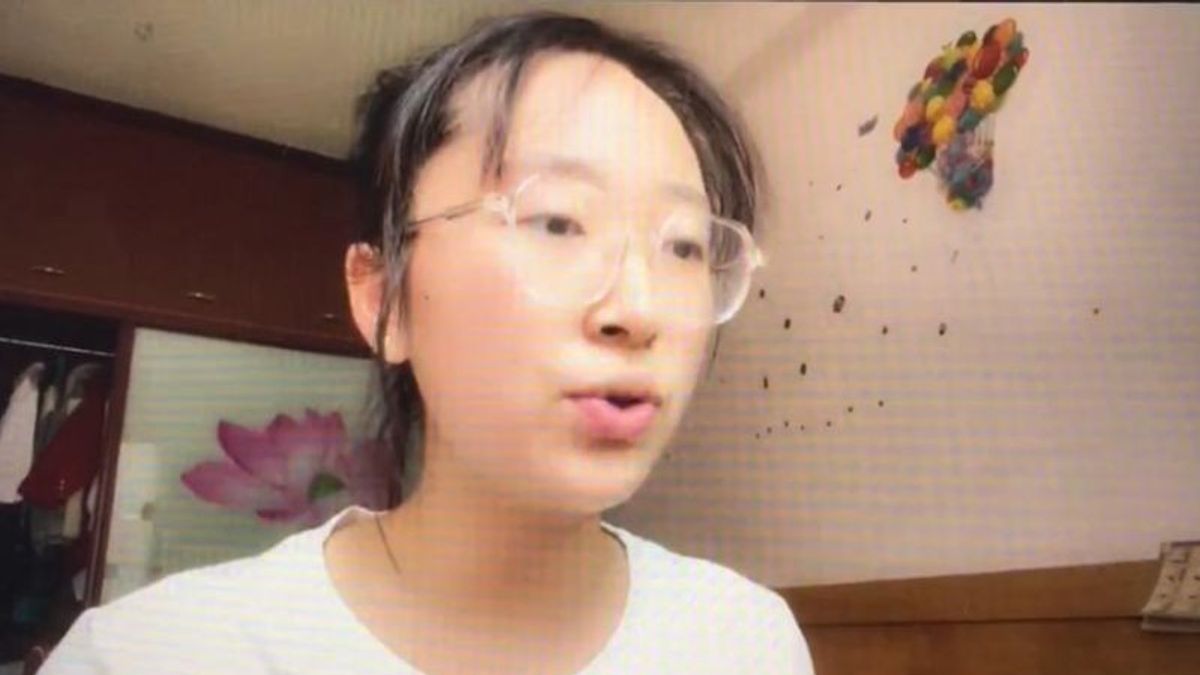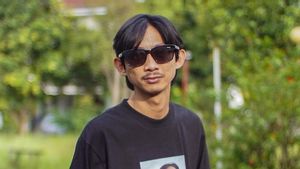
JAKARTA - A folk song originating from Maluku with the title "Rasa Sayange" has become the most favorite song by Chinese students when participating in a singing competition in Indonesian ahead of the commemoration of the 77th Independence Day of the Republic of Indonesia.
Seven of the ten participants in the singing competition which was held online, the Attaché for Education and Culture at the Indonesian Embassy in Beijing on Friday (5/8) sang "Rasa Sayange" on the chosen song.
The other participants chose the song "Manuk Dadali" from the West Java region for the second song.
While the songs are mandatory, the committee gives two choices, namely "Indonesia Pusaka" and "One Nusa One Nation".
The participants of the singing competition were students majoring in Indonesian from various universities in China.
"The choice of the participants shows that the song 'Rasa Sayange' is very popular and popular in China," said the Atdikbud of the Indonesian Embassy in Beijing, Yaya Sutarya, in Beijing, Saturday, August 6.
According to him, this also confirms that "Rasa Sayange" is a folk song from Indonesia.
"So far, some Chinese people recognize 'Rasa Sayange' as a song from Malaysia. But Chinese students show that the song is originally from Indonesia," he was quoted as saying by ANTARA.
In addition to singing, the Indonesian Embassy in Beijing also held a speech competition and essay writing competition in Indonesian with the main theme being the Chairperson of the Indonesian G20.
"This competition reflects the interest of Chinese students to better recognize our nation's culture and help campaign for Indonesia's G20 leadership," said Indonesian Ambassador to China, Djauhari Oratmangun.
Currently, there are 21 universities in China that have majors in Indonesian.
They study according to the Indonesian Language for Foreign Speakers (BIPA) curriculum that has been set by the Ministry of Education and Culture of the Republic of Indonesia.
The English, Chinese, Japanese, Arabic, and French versions are automatically generated by the AI. So there may still be inaccuracies in translating, please always see Indonesian as our main language. (system supported by DigitalSiber.id)











